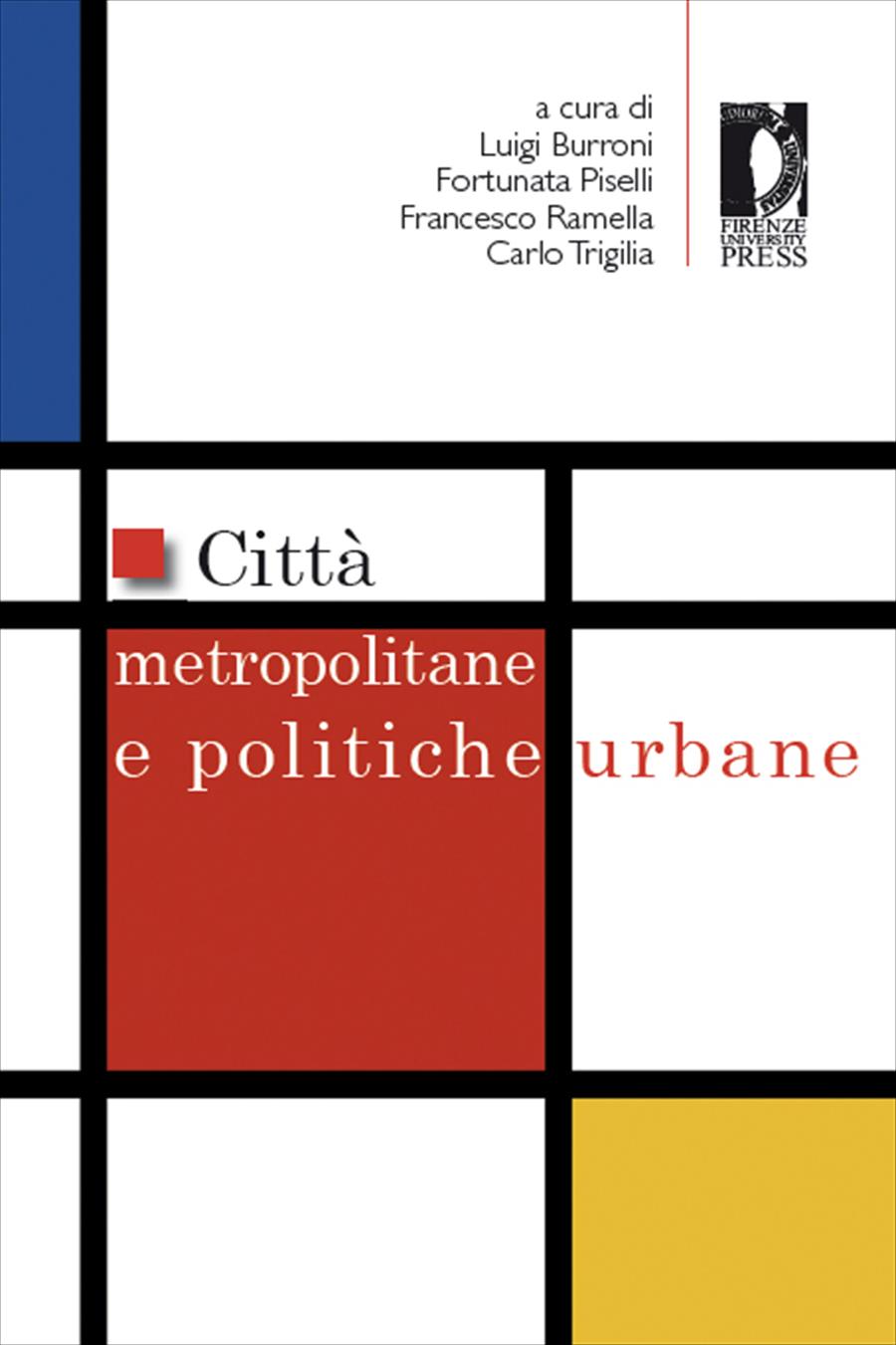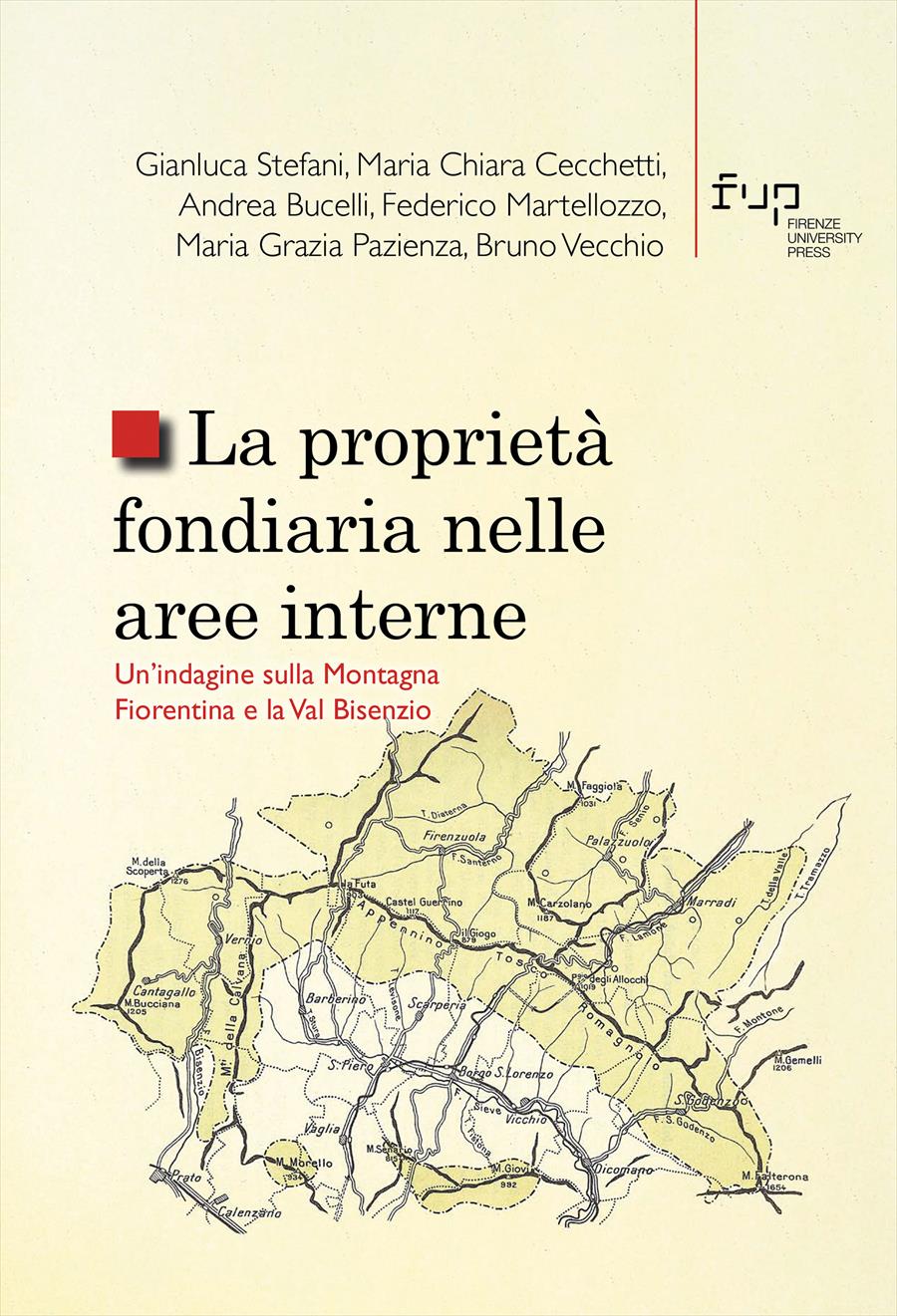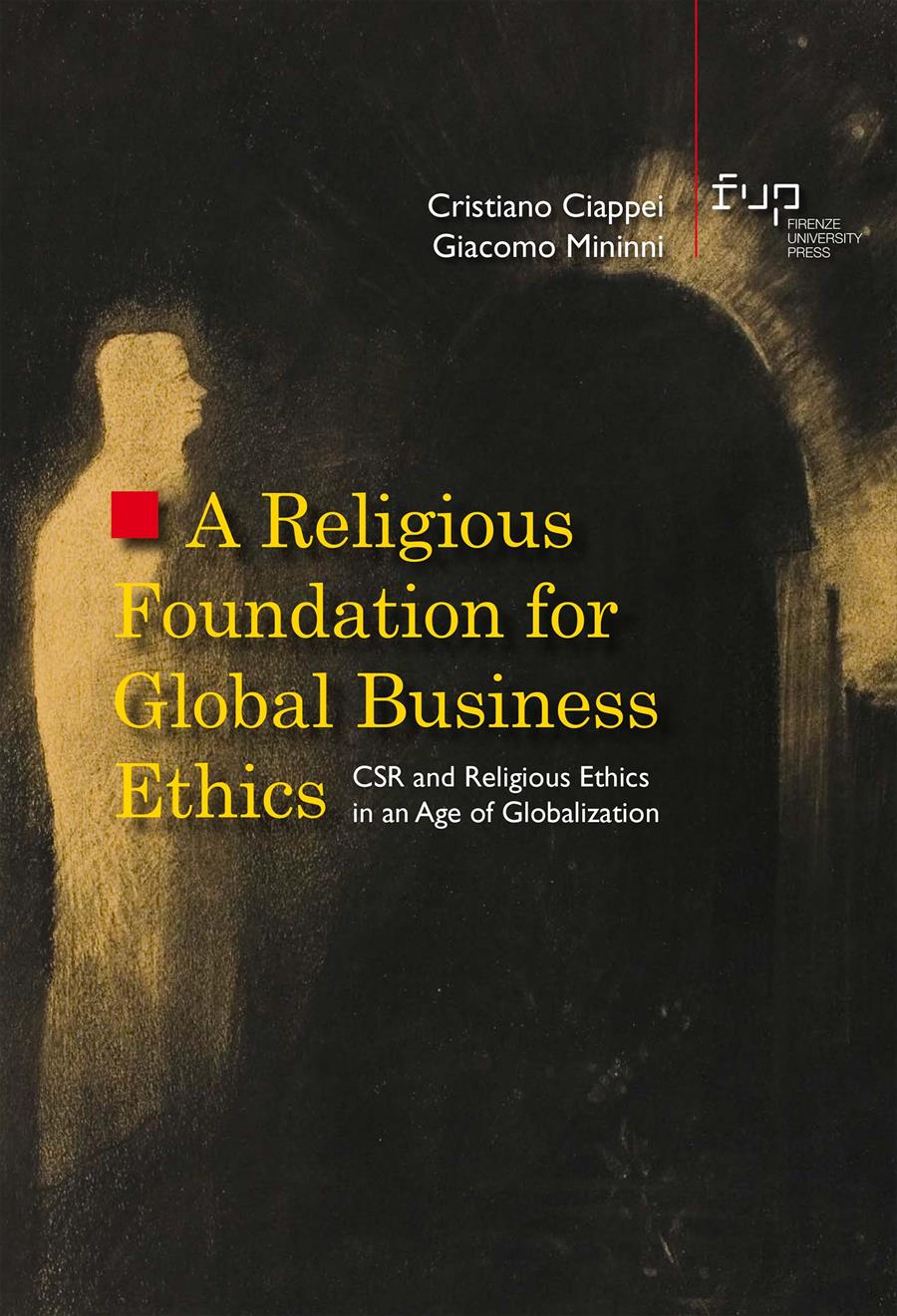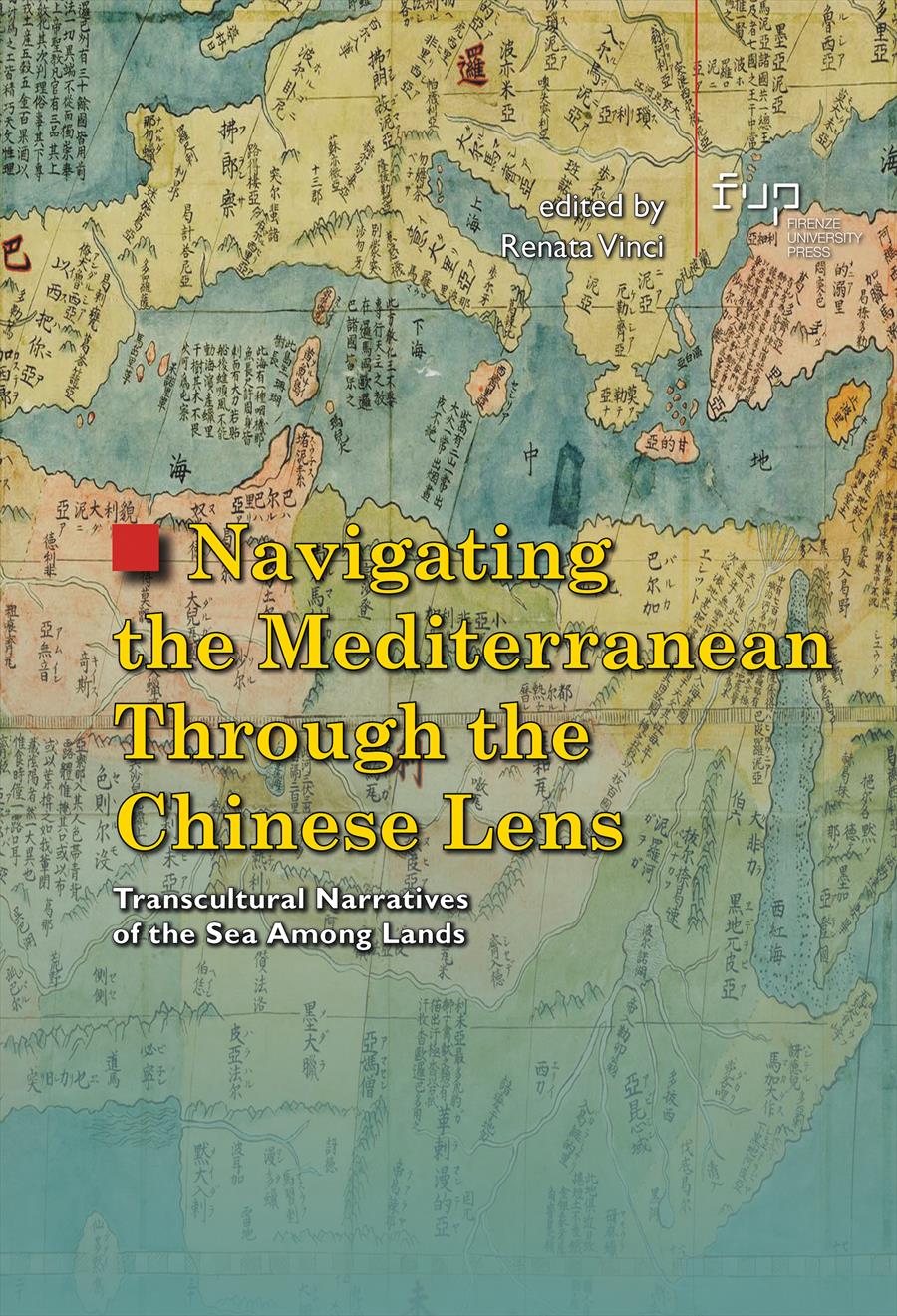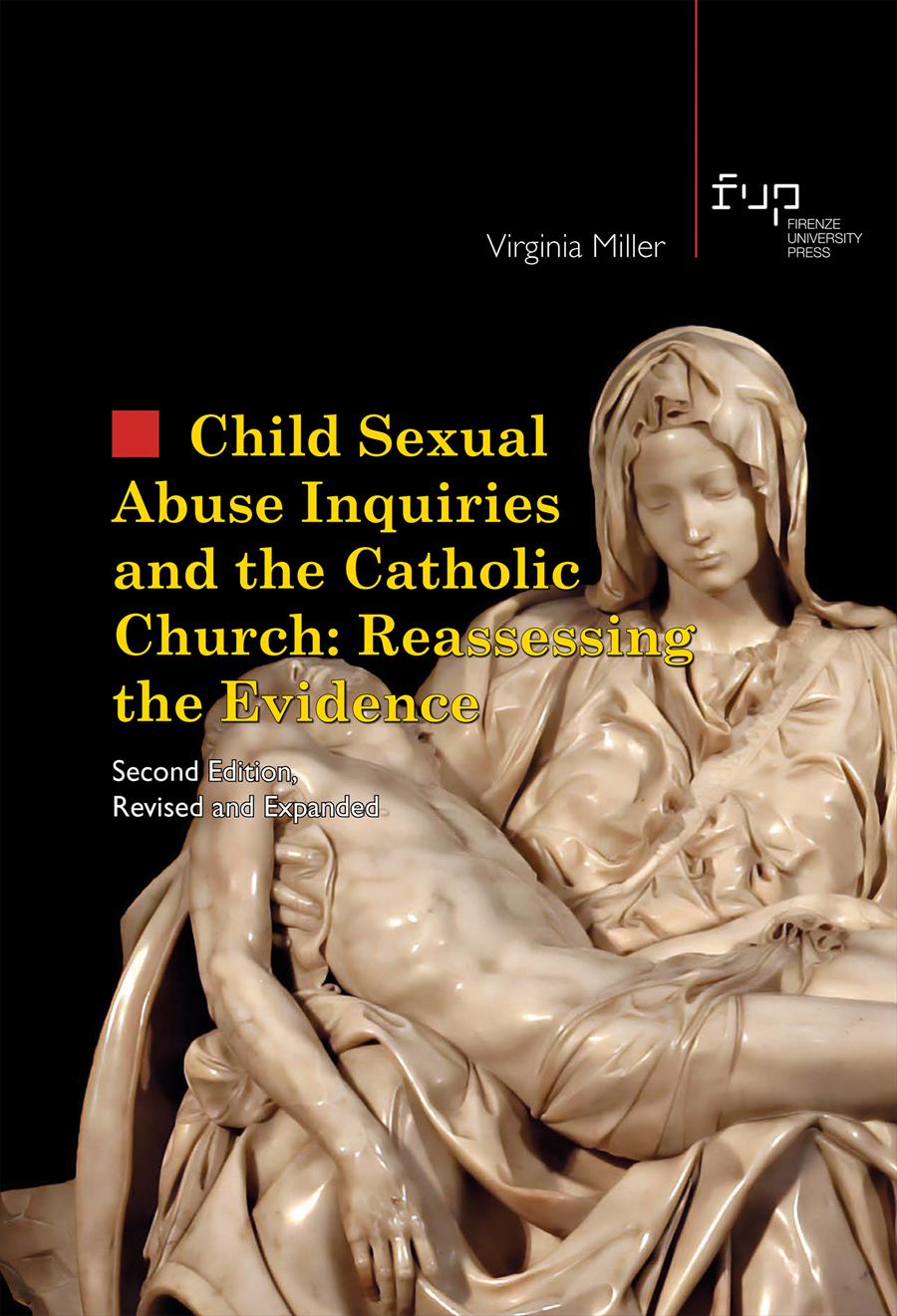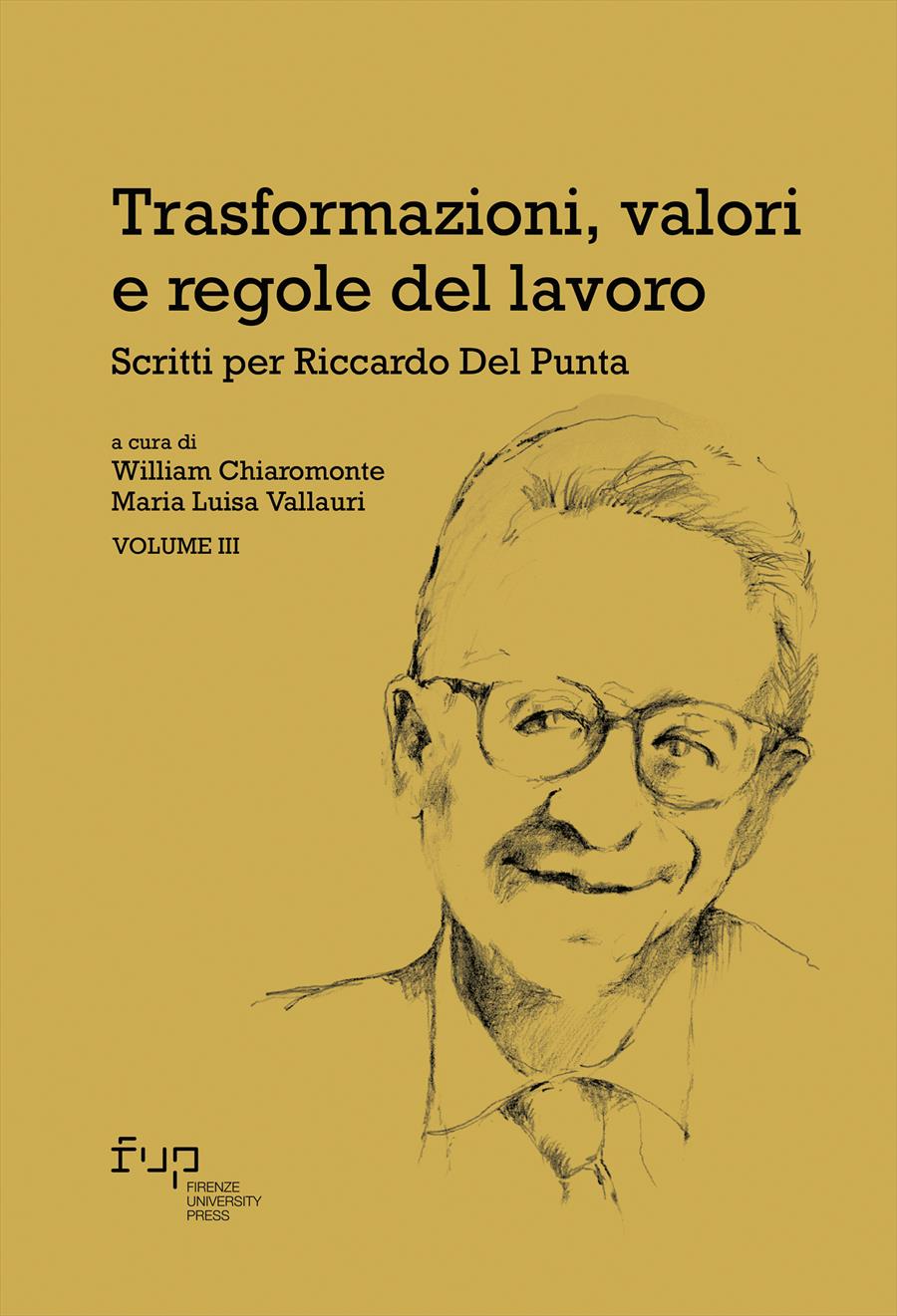Città metropolitane e politiche urbane
- Edited by:
- Luigi Burroni,
- Fortunata Piselli,
- Francesco Ramella,
- Carlo Trigilia,
More than fifteen years after the introduction of direct election, the mayors are still the most popular politicians in Italy. The personal relationship set up with the citizens and the strengthening of the city councils has restored energy and stability to the action of the municipal administrations. Nevertheless, these institutional reforms, while important, have failed to guarantee good government. The effects of the mayoral reform are, in fact, considerably different from one city to another, and from one type of policy to another. What does this variety of results derive from? The book provides an answer to this question through an investigation of the decisional processes of around a hundred "local collective assets" in six large metropolitan cities. To explain the different outcomes – in addition to the "council effect", that is, the relevance of policy, and the "sector effect", the relevance of the different decisional milieus – the authors also underscore the role of the "governance effect", namely the different approaches to decision-making and building consensus on urban policies.
- Keywords:
- Sociologia,
- Politica,
- Città,
- DOI: 10.36253/978-88-6453-072-7
- Series: Studi e saggi
- Scientific Board: Consiglio Editoriale FUP 2007-2010
- Language: Italian
- Subjects: Sociology
University of Florence, Italy - ORCID: 0000-0002-3757-8100
University of Naples Federico II, Italy
University of Turin, Italy - ORCID: 0000-0002-7803-7175
University of Florence, Italy - ORCID: 0000-0002-4355-4746
Fortunata Piselli teaches Models of City and Urban Policy in the Faculty of Sociology at the "Federico II" University of Naples.
Francesco Ramella teaches Economic Sociology in the Faculty of Sociology at the University of Urbino.
Carlo Trigilia teaches Economic Sociology in the "Cesare Alfieri" Faculty of Political Science at the University of Florence.
- Publication Year: 2009
- Pages: 164
- eISBN: 978-88-6453-072-7
- Content License: CC BY 4.0
- © 2009 Author(s)
- Publication Year: 2009
- Pages: 164
- ISBN: 978-88-6453-069-7
- Content License: CC BY 4.0
- © 2009 Author(s)
Bibliographic Information
Book Title
Città metropolitane e politiche urbane
Editors
Luigi Burroni, Fortunata Piselli, Francesco Ramella, Carlo Trigilia
Peer Reviewed
Number of Pages
164
Publication Year
2009
Copyright Information
© 2009 Author(s)
Content License
Metadata License
Publisher Name
Firenze University Press
DOI
10.36253/978-88-6453-072-7
ISBN Print
978-88-6453-069-7
eISBN (pdf)
978-88-6453-072-7
eISBN (xml)
978-88-5518-847-0
Series Title
Studi e saggi
Series ISSN
2704-6478
Series E-ISSN
2704-5919
